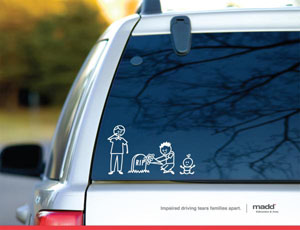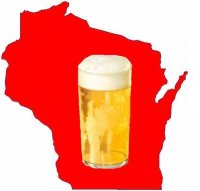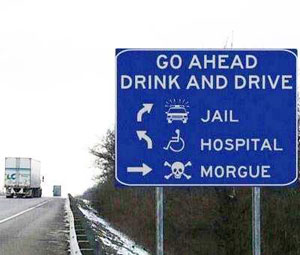
A proposal to require all bars and restaurants with liquor licenses to display DWI penalties in restrooms, entrances, and exits has been introduced by Assemblywoman Caroline Casagrande. The bill, A-3463, includes a $50 fine to establishments that would fail to post the notices of DWI penalties.
Casagrande, R-Monmouth said, “This is a last call to stop drunk driving. Those who drink tend to need a restroom and this would give them a final reminder on the way out the door before doing something incredibly stupid like getting behind the wheel.”
Assemblywoman Casagrande pushed for a DWI bill in June 2012 that would significantly increase DWI penalties in New Jersey, including up to 18 months in jail for a 2nd DWI offense, adding an additional year of imprisonment to the previous law.
New Jersey has tough penalties for drunk drivers, and the notices that could go up in establishments would include penalties such as a $400 fine, 30 days of imprisonment, a 3-month license suspension, 12 hours in an Intoxicated Driver Resource Center, and an automobile insurance surcharge of $1,000 for three years for a first offense DWI.
Casangrande said, “One piece of paper displaying the severe consequences of driving drunk might spare a person from going to jail and losing their license, and more importantly, save another person’s life.”
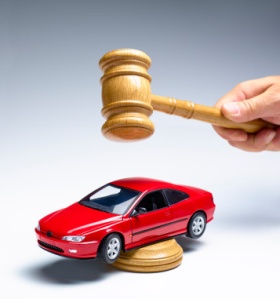 Santa Fe’s DWI Forfeiture Ordinance benefited from the unexpected consequence of accruing $231,000 in revenue since the inception of the program in 2009. The city started the DWI Forfeiture Ordinance to keep chronic drunk drivers off the road. The $231,000 does not take into account the money owed to towing companies.
Santa Fe’s DWI Forfeiture Ordinance benefited from the unexpected consequence of accruing $231,000 in revenue since the inception of the program in 2009. The city started the DWI Forfeiture Ordinance to keep chronic drunk drivers off the road. The $231,000 does not take into account the money owed to towing companies.

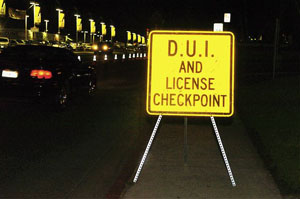 Pinellas County has very tough penalties for DUI, and tougher penalties can apply depending on your level of blood alcohol content. If your BAC is above .15%, you can be fined $1,500 for just a first offense, and you can face up to nine months in jail.
Pinellas County has very tough penalties for DUI, and tougher penalties can apply depending on your level of blood alcohol content. If your BAC is above .15%, you can be fined $1,500 for just a first offense, and you can face up to nine months in jail.
 In July 2012, Mississippi passed a DUI child endangerment law which created a separate offense for driving under the influence with a passenger under the age of 16.
In July 2012, Mississippi passed a DUI child endangerment law which created a separate offense for driving under the influence with a passenger under the age of 16.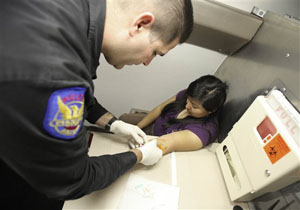 California drivers no longer have the option to choose which chemical test they may take when arrested for driving under the influence. The old law allowed a driver to decide whether they submit to a blood, breath, or urine test. Sometimes, the driver who submitted to a breath test would also be request to take either a urine or blood test, again one of their choosing.Revisions to this law prohibits the arrestee’s option of choosing a urine test, and instead requires that if a blood test is unavailable then they have automatically consented to giving a urine test. The new law states that a person only has the choice of a breath or blood test. If a person is unable to give a blood test and is exempted from doing so, then they must give a urine test.
California drivers no longer have the option to choose which chemical test they may take when arrested for driving under the influence. The old law allowed a driver to decide whether they submit to a blood, breath, or urine test. Sometimes, the driver who submitted to a breath test would also be request to take either a urine or blood test, again one of their choosing.Revisions to this law prohibits the arrestee’s option of choosing a urine test, and instead requires that if a blood test is unavailable then they have automatically consented to giving a urine test. The new law states that a person only has the choice of a breath or blood test. If a person is unable to give a blood test and is exempted from doing so, then they must give a urine test.
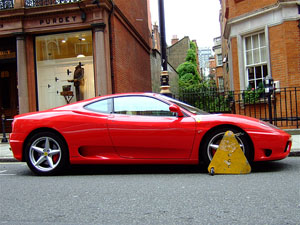 Butte’s DUI task force met this week to discuss new ideas for DUI prevention in the county. DUI preventions present in Butte include the 24/7 Sober Program, Mariah’s Challenge, and a Butte DUI Court which started last October.
Butte’s DUI task force met this week to discuss new ideas for DUI prevention in the county. DUI preventions present in Butte include the 24/7 Sober Program, Mariah’s Challenge, and a Butte DUI Court which started last October.
 A
A 